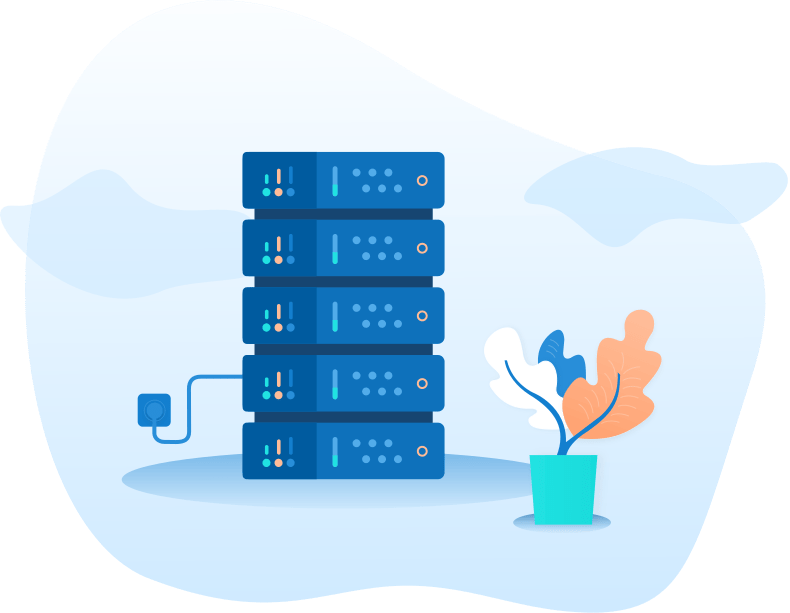Finland VPS with powerful data centers and equipped with the latest technology, high speed, and excellent network stability. Finland Virtual Server can be a good host for your site or connect to financial sites that do not have access to the IP of some countries. Servers in Finland are also provided by Hetzner Data center, which is one of the most reliable Data centers in the world. This Data center is known as one of the most popular Data centers among users due to its stable network, proper ping, and powerful hardware.

CPU: 2 core (1600 MHz)
RAM: 2GB
CPU: 3 core (2500 MHz)
RAM: 4GB
CPU: 4 core (3000 MHz)
RAM: 8GB
CPU: 4 core (3500 MHz)
RAM: 12GB
CPU: 2 core (1600 MHz)
RAM: 2GB
CPU: 3 core (2500 MHz)
RAM: 4GB
CPU: 4 core (3000 MHz)
RAM: 8GB
CPU: 4 core (3500 MHz)
RAM: 12GB
CPU: 2 core (1600 MHz)
RAM: 2GB
CPU: 3 core (2500 MHz)
RAM: 4GB
CPU: 4 core (3000 MHz)
RAM: 8GB
CPU: 4 core (3500 MHz)
RAM: 12GB

Easily increase RAM, CPU and storage
Full Root and Administrator access
Automatic OS installation (Max installation 10 times)
All servers have a control panel to turn off, on and reset.
Cryptocurrency Payment

Share processes and data secure lona need to know basis

our team assured your web site is always safe and secure

We finally found a host that truly understood the unique
With a VPS Finland, you can typically run a variety of operating systems, including popular choices such as Linux distributions (e.g., Ubuntu, CentOS, Debian) , MikroTik and Windows Server
VPS Finland can be used for various purposes, including:
standalone house would provide.
Yes, most VPS hosting providers allow you to easily upgrade or downgrade your resources (CPU, RAM, storage, bandwidth) as your website’s needs change. to do that you can Go in your Client area.
VPS hosting in Finland are from Hetzner Datacenters and typically offers robust security measures, including firewalls, DDoS protection, regular security updates, and optional SSL certificates
Yes, Changing IP for Once time is free but for other times you should pay 5$

Automatic installation of operating systems on a server is one of ShopingServer key features. Due to this feature a customer can get a ready-to-go server right after the payment has been made.

CentOS 7, 8; Debian 9, 10, 11 ; Ubuntu 18.04, 20.04, 22.04; Windows Server, 2019, 2022.

In our services, you have direct access to the server console

You can pay your invoices in renew VPS or new order VPS with BTC